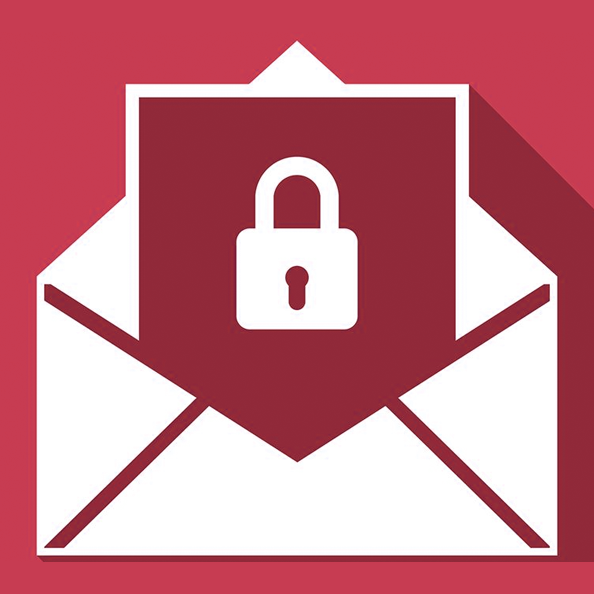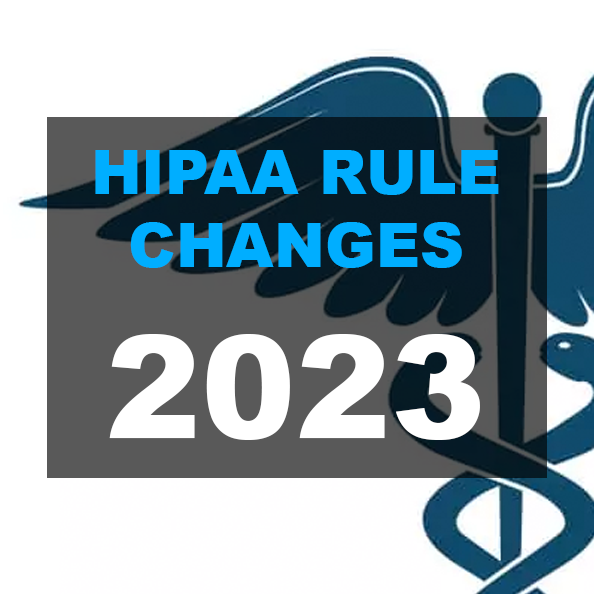Fast and Secure: Submit Your PPP Loan Forgiveness Application Using WestFax
As small and mid-sized businesses prepare to submit their PPP Loan Forgiveness Applications, the need for efficient and secure document transmission is paramount. With a substantial amount of backup documentation required, maintaining confidentiality becomes crucial.
 If you are one of the vast majority of small and mid-sized businesses that received a loan from the Paycheck Protection Program (PPP), you will probably be submitting a PPP Loan Forgiveness Application sometime in the near future.
If you are one of the vast majority of small and mid-sized businesses that received a loan from the Paycheck Protection Program (PPP), you will probably be submitting a PPP Loan Forgiveness Application sometime in the near future.
That application requires a substantial amount of backup documentation, much of which you’ll want to keep confidential. As millions of businesses will be submitting applications around the same time, it’s important to take the right steps now and get in line early. As you do your planning, be mindful of the security of the information you’re sending with your application. E-mail is fast, but as many people have found out the hard way, it is far from secure.
Federal guidelines clearly state to qualify for loan forgiveness, PPP funds must have been disbursed for specific expenses such as mortgage interest, rent, utilities, and personnel expenses. At least 75% of funds must have been spent on payroll and related expenses. There are some specific rules and formulas that take into account annualized pay rates, compensation to business owners, non-US employees, and more. Be sure to understand the details and make sure you have the record-keeping processes in place now.
According to the SBA the PPP Loan Forgiveness Application needs to be submitted to the lender who is servicing your loan. The loan forgiveness requirements are based on an eight-week period that starts the day you initially receive the cash, or on the first day of your next payroll cycle after that. The loan forgiveness application must be filed by October 31st of this year, but business owners are advised to get in line as soon as their eight-week window expires. Numerous companies experienced delays during the initial loan application process, and the SBA is expecting a flood of loan forgiveness applications starting in early July.
Things are likely to run smoother this time; but to be on the safe side, business owners should file as early as possible and get to the front of the line. If there are any problems with your loan forgiveness application, you’ll want to buy yourself some extra time to resolve them.
Applications must be accompanied by documents that substantiate mortgage interest payments, rent, and utilities paid during the eight-week period. That means you’ll be sending copies of canceled checks, bank statements, utility bills, mortgage statements, and even your lease agreement. As we have already noted, it is unwise to send this kind of sensitive information via e-mail.
Electronic fax is a better option for multiple reasons. It is highly secure,—so much so that healthcare organizations nationwide use it to transmit patient information in compliance with federal HIPAA privacy regulations. A modern electronic fax service such as WestFax provides a detailed record of exactly what was sent when it was sent, and confirmation that it was received. If there is ever a dispute, WestFax can provide you with proof of exactly what was delivered and when.
For years, banks and other financial institutions have relied on faxes for these same reasons; electronic fax is secure, fast, trackable, and legally binding. With tens of thousands of dollars (or potentially millions) at stake, using WestFax for your PPP Loan Forgiveness Application is a smart move.


